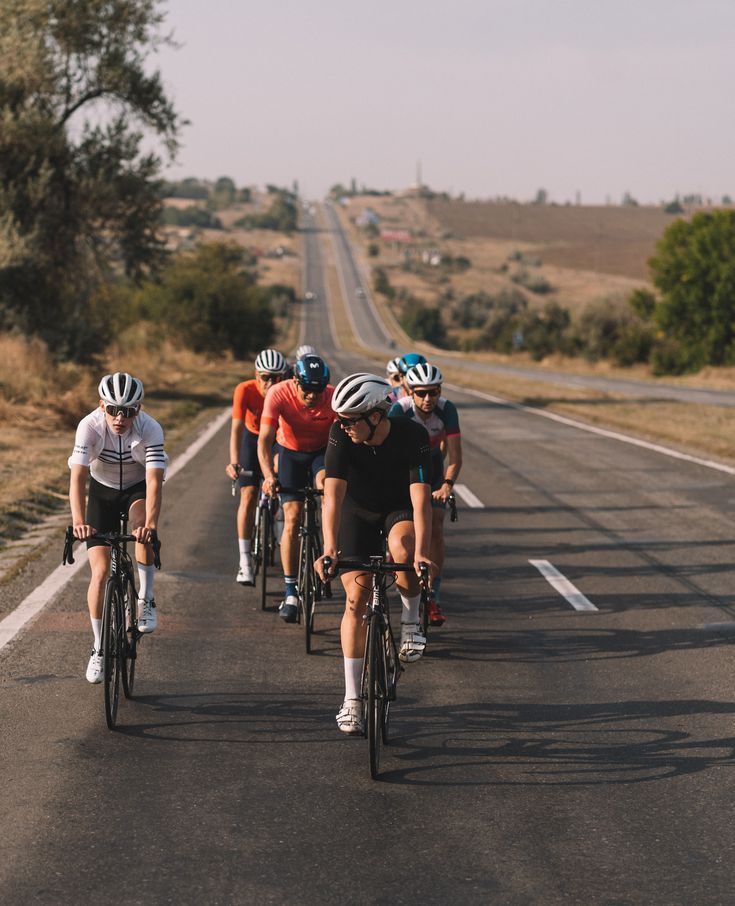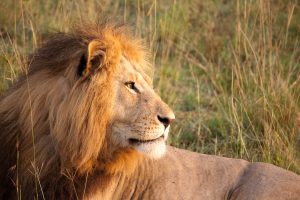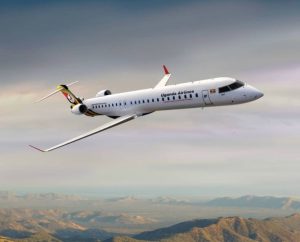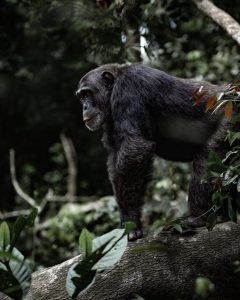Rwanda Cycling safaris
Why Choose a Cycling Safari in Rwanda?
- Scenic Landscapes: Rwanda is home to breathtaking scenery, including terraced hills, lush forests, and expansive lakes. Cycling allows you to explore these areas at a slower pace, giving you time to take in the views.
- Cultural Encounters: Cycling safaris often take you through rural communities, allowing for interactions with local people. You’ll have the opportunity to experience Rwandan culture firsthand, whether it’s watching traditional farming practices or visiting local markets.
- Wildlife and Nature: Many cycling safaris include routes near national parks where you can observe wildlife, especially in areas like Akagera National Park or Nyungwe Forest National Park. In some cases, you might cycle through regions where primates, birds, and other wildlife are commonly seen.
- Eco-Friendly Travel: Cycling is a sustainable and environmentally friendly way to explore Rwanda, minimizing your carbon footprint while traveling through sensitive ecosystems.
Popular Cycling Safari Routes in Rwanda
1. Congo Nile Trail
- Overview: The Congo Nile Trail is one of Rwanda’s most famous cycling routes, stretching for about 227 kilometers along the scenic shores of Lake Kivu. The trail takes you through picturesque villages, rolling hills, lush tea plantations, and offers stunning views of the lake and surrounding islands.
- Duration: Typically takes 5-6 days to complete, depending on your pace.
- Highlights:
- Stunning lake views and serene landscapes
- Cultural experiences in local villages
- Visiting coffee and tea plantations along the way
- Opportunities for swimming or kayaking in Lake Kivu during rest stops
- Difficulty: Moderate to challenging, with some steep hills and rough terrain in certain sections.
2. Akagera National Park
- Overview: A cycling safari through Akagera National Park offers a unique way to explore Rwanda’s only savannah park. Akagera is home to the Big Five (elephants, lions, leopards, buffalo, and rhinos), as well as giraffes, zebras, hippos, and numerous bird species.
- Duration: Day trips or multi-day cycling safaris are available.
- Highlights:
- Wildlife viewing on two wheels
- Cycling past lakes, wetlands, and open plains
- Experiencing the park’s diverse ecosystems
- Difficulty: Moderate. Akagera has both flat and hilly terrain, but you will need a guide for safe navigation, especially near wildlife.
3. Kigali to Nyungwe Forest
- Overview: This route takes you from the bustling capital city of Kigali to the ancient Nyungwe Forest National Park, a tropical rainforest home to chimpanzees and hundreds of bird species. The ride covers a distance of over 200 kilometers and passes through scenic tea plantations, forests, and villages.
- Duration: 3-4 days depending on your speed and stops.
- Highlights:
- Visiting Nyungwe Forest for a canopy walk or chimpanzee tracking
- Scenic stops at tea plantations along the way
- Cycling through mountain passes and rolling hills
- Difficulty: Challenging, due to the distance and mountainous terrain, but rewarding with spectacular views.
4. Volcanoes National Park
- Overview: For the more adventurous, cycling near Volcanoes National Park provides the chance to explore the Virunga Mountains, home to the endangered mountain gorillas. The park is in northern Rwanda, and while you can’t cycle within the park itself, there are cycling routes in the surrounding areas.
- Duration: Day trips or overnight tours.
- Highlights:
- Views of the volcanoes and lush forested slopes
- Cultural visits to the nearby Iby’Iwacu Cultural Village
- Possible gorilla trekking or golden monkey tracking as part of your safari
- Difficulty: Challenging, due to steep hills and high altitude, but the views and experience make it worthwhile.
5. Twin Lakes (Burera and Ruhondo)
- Overview: A scenic cycling route around the Twin Lakes of Burera and Ruhondo, located near Volcanoes National Park. This area is known for its dramatic landscapes, with the lakes surrounded by towering mountains and terraced hillsides.
- Duration: 1-2 days.
- Highlights:
- Incredible views of the lakes and surrounding mountains
- Interactions with local fishermen and farmers
- Peaceful, off-the-beaten-path ride
- Difficulty: Moderate, with some challenging uphill sections, but mostly quiet, rural roads.
What You Need for a Cycling Safari
- Bicycle: You’ll need a good quality mountain bike or touring bike suited for the varied terrain in Rwanda, including rough paths and steep climbs. Most tour operators offer bike rentals, and some provide e-bikes for those looking for an easier ride.
- Fitness Level: Cycling in Rwanda can be physically demanding due to the hilly terrain. Make sure you’re in good physical condition or opt for shorter, easier routes if you prefer a more relaxed pace.
- Guided vs. Self-Guided:
- Guided Tours: A local guide can help navigate routes, arrange logistics, and offer cultural insights. Guided tours also provide support vehicles for any emergencies.
- Self-Guided: Experienced cyclists can opt for self-guided tours, but ensure you have maps, GPS, or local knowledge of the areas, as well as accommodations booked along the route.
- Packing Essentials:
- Helmet and safety gear (often provided by tour operators)
- Comfortable cycling clothes
- Sunscreen, sunglasses, and a hat
- Plenty of water and snacks for the road
- Rain jacket (Rwanda’s weather can be unpredictable, especially in the rainy season)
- Small first aid kit
Best Time for Cycling Safaris in Rwanda
The best time to go on a cycling safari in Rwanda is during the dry seasons, from June to September and December to February. The weather is more predictable, and roads and trails are in better condition. The rainy seasons (March to May and October to November) can make cycling challenging due to muddy paths and heavy rainfall, especially in rural areas.
Tour Operators Offering Cycling Safaris
Several tour operators in Rwanda specialize in cycling safaris. Some of the top operators include:
- Rwanda Cycling Adventures: They offer a variety of cycling tours, including the Congo Nile Trail and custom itineraries.
- Red Rocks Initiatives: Based in Musanze, they offer cultural cycling tours around Volcanoes National Park, including visits to local communities.
- Africa Rising Cycling Center: Located in Musanze, this center offers cycling tours and training for aspiring cyclists.
Conclusion
Rwanda’s cycling safaris offer a distinctive and eco-friendly way to explore the country’s landscapes, wildlife, and culture. Whether you’re cycling along Lake Kivu, navigating the hills around Volcanoes National Park, or riding through the scenic tea plantations on your way to Nyungwe Forest, you’re sure to have an unforgettable adventure. With options for all skill levels, a cycling safari in Rwanda is a perfect way to experience the land of a thousand hills from a new perspective.




